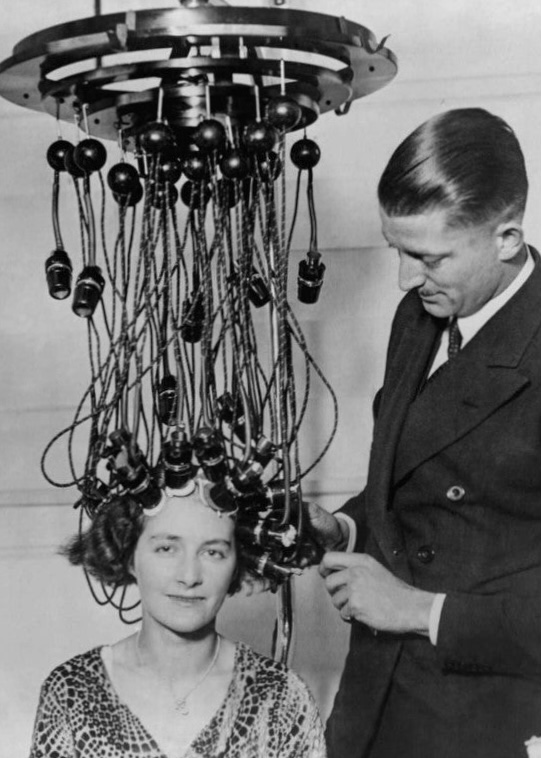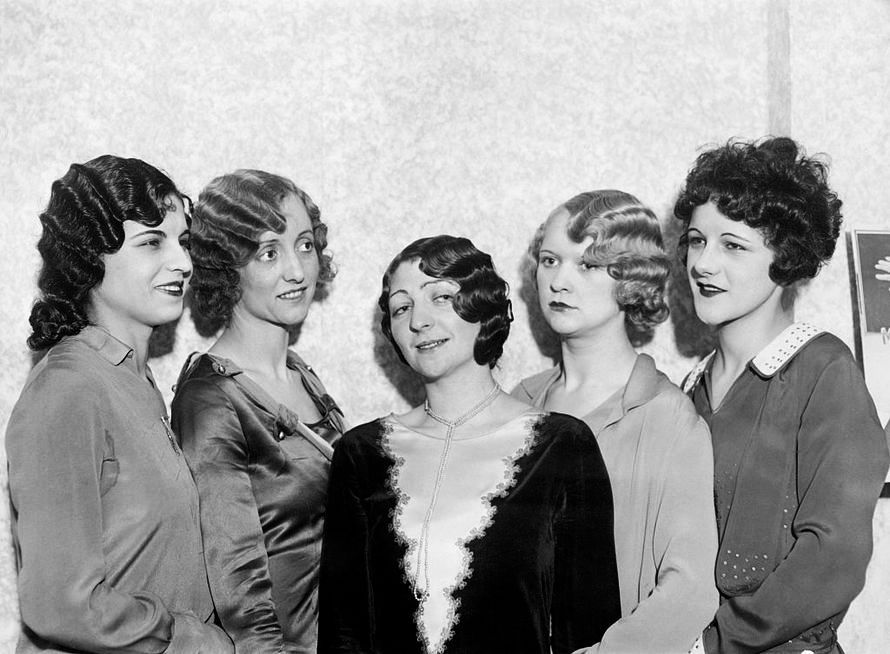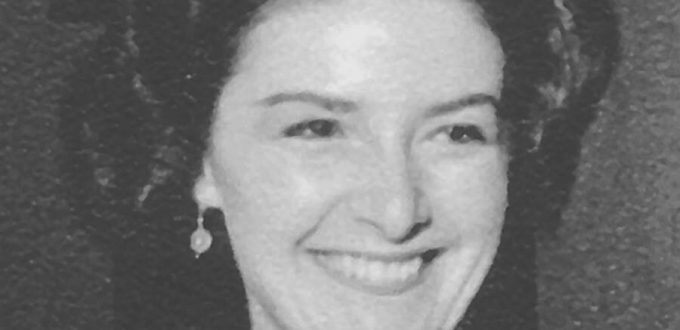It is Wednesday teen and twenty night at the Winter Gardens. Pauline, my best friend twirls me around to the band belting out ‘In the Mood.’ The floor is packed with over a hundred of us in a frenzy jive. On the balcony surounding the floor, Royal Air Force boys in grey uniforms watch. They wait until we are all inside, not wanting to pay the entrance fee for their dates. Pauline and I keep our eyes peeled on the two we are hoping will ask us to dance. Finally, the band slows and everyone waits in silence. At last a figure with the unmistakable goatee, bowler hat and striped waistcoat takes the stage, lifts his clarenet and begins to play his signature piece, ‘Stranger on the Shore,’ the soft breathy sounds of Acker Bilk drifting across the pavilion. It’s a slow dance. The RAF boys meander onto the floor; our hearts race. Pauline gets the taller one because of her height. I’m wearing stiletto heels and my favourite purple dress, the skirt billowing out from my tiny waist pinched even smaller by a wide belt. Five layers of pettycoats starched crisp with sugar and water that very afternoon do the trick. But the flat chested and skinny Twiggy look is in; not hour glass figures like mine. Pauline is tall, slim and wears a tight skirt. I long to be like her. She’s also a fantastic dancer.
Winterstoke is an all girls secondary modern school of rules. It’s a cardinal sin to be seen on the premises with makeup, jewelry and anything less than a complete uniform clean and pressed. I had slept over at Pauline’s after the dance, my school uniform completely forgotten. So I arrive at school Thursday morning in my teen and twenty outfit, the red lipstick impossible to erase, just what my home teacher Mr. Kirkbright was waiting for. “You,” he says, leaning over me, his finger pointed at my chest, “will not be singing in the Easter Festival.” I had been practicing ‘All in the April Evening’ for months to perform the solo part in the Easter concert comencing term break. Until that moment, I had planned on staying at school for my O levels. But a few weeks earlier I had turned fifteen, the legal age to quit. Right there and then I decided I wasn’t coming back. My mother was delighted and immediately set out to find me an apprenticeship in hairdressing like my sister Barbara. “You can always support yourself in hairdressing,’ she reasoned.
R.V Evans was one of few salons in the country still offering hot perms and private cubicals. Hot perms involve hair wrapped around curlers perpendicular to the scalp with electric rods placed over each curler, attatched to long cables hanging from a circular metal frame. A cord from the metal frame was plugged into an outlet to ‘cook’ the hair. Once cooked, the rods were removed and the hair washed. Finally a hot curling iron was used to create perfect uniform waves, a technique named Marcel Waving. No-one under sixty wore their hair in the 1920s style of Marcel waves.
After three years at R.V Evans I got my hairdressing license and freedom from indenture. Convincing the owner of a an upscale salon to hire me, I joined a team of modern hair stylists. But a few months later my boss was ready to fire me. “You just don’t have the talent,” Francis told me, “and I can’t risk my reputation.” “Give me three months with no pay,” I begged. “I will prove you are wrong.” Six months later with the help of colleagues who stayed late to train me in the art of bouffants and foot high creations of curls, I became one of his most sought after stylists. And long after I had left hairdressing and the UK, Francis and I remained close friends, writing to each other regularly until his and his wife’s death from cancer. Although hairdressing was not my chosen career, I still cherish the skills I gained, cutting and styling my own and my family’s hair, especially during covid.



